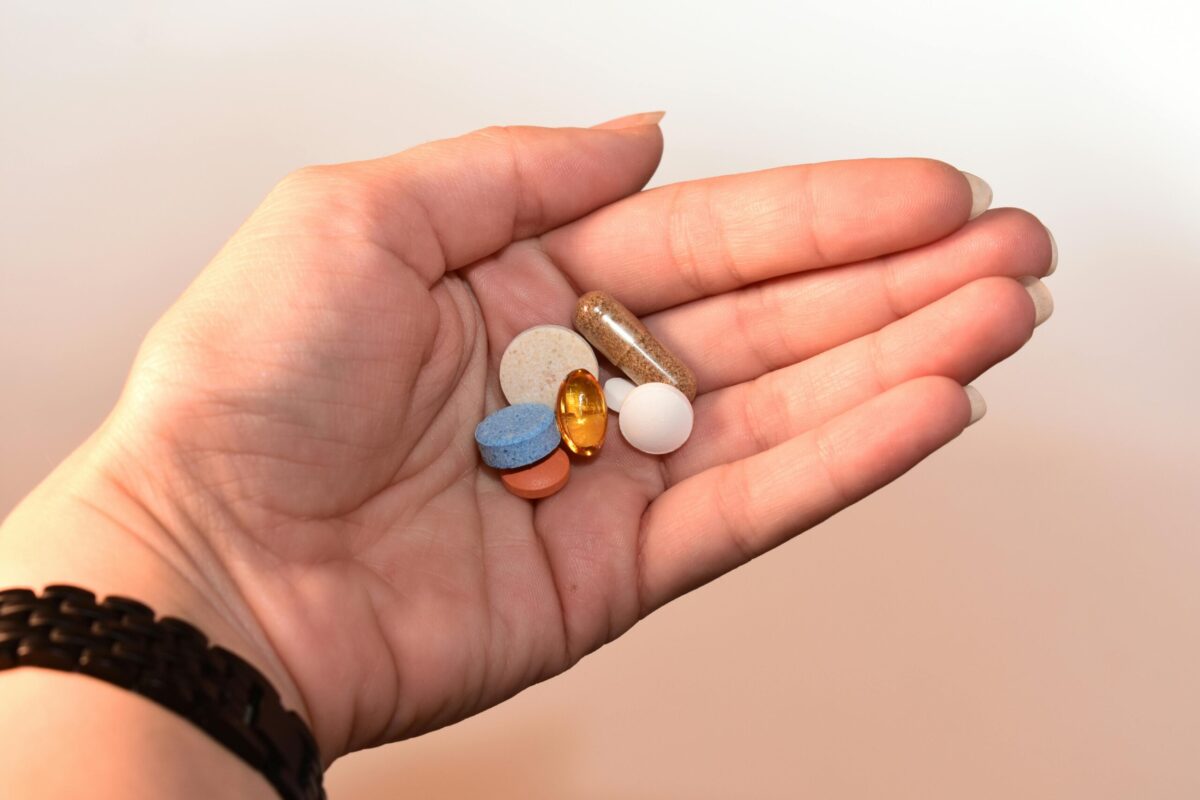When people ask what mental illness is most associated with addiction, the answer often points to conditions that deeply affect mood, behavior, and coping skills. Addiction and mental illness frequently go hand in hand, creating a cycle where one intensifies the other. Depression, anxiety, trauma, and bipolar disorder are all common among individuals struggling with substance use, but one mental illness shows the strongest association. Recognizing this link is vital for treatment, since addressing only the addiction without the underlying condition makes recovery far more difficult. By looking at both together, people have a greater chance at lasting healing.
The Mental Illness Most Associated with Addiction: Depression
Among all mental health conditions, the mental illness most associated with addiction is depression. Studies show that about 30-40% of people who experience depression may turn to substances at some point in their lives.
When someone is depressed, they might experience ongoing sadness, hopelessness, and a lack of interest in things they used to enjoy. Many turn to alcohol, prescription medications, or illicit drugs to temporarily relieve these feelings, as a form of self-medication. For example, some may drink alcohol to dull emotional pain, while others might use stimulants to combat tiredness or low energy.

Unfortunately, this approach often backfires. While substances can provide short-term relief, they often make depressive symptoms worse in the long run. Alcohol, for instance, is a central nervous system depressant that can intensify feelings of sadness, while stimulant misuse can trigger mood crashes. This cycle of temporary relief followed by worsening symptoms can entrench both depression and addiction.
The good news is that there are effective treatments available. In addition to in-person therapy and medication management, online treatment for depression offers a flexible alternative for individuals who may face barriers such as location, scheduling, or stigma.
Other Mental Illnesses Commonly Linked to Addiction
Depression is often linked to addiction, but there are many other mental health issues that can also happen alongside substance use. Each of these conditions brings its own set of challenges and risks.
Anxiety Disorders
Anxiety disorders often go hand in hand with substance use issues. Many people turn to drugs or alcohol to cope with fear, worry, or panic. For instance, someone might drink to ease social anxiety, while others may misuse medications during panic attacks. Over time, though, these substances tend to make anxiety worse, creating dependency and a difficult cycle to break.
Therapy can play a major role in recovery. Online therapy for anxiety disorder makes evidence-based treatments like cognitive behavioral therapy (CBT) more accessible. These approaches help individuals manage symptoms in healthier ways while also supporting their efforts to overcome substance use.
Bipolar Disorder
Bipolar disorder is a mental health condition that involves extreme mood swings, including high-energy manic episodes and low-energy depressive episodes. Unfortunately, many people with bipolar disorder also struggle with substance abuse.
During manic periods, individuals might act impulsively and take risks, such as excessive substance use. On the other hand, during depressive episodes, some may turn to drugs or alcohol as a way to cope with feelings of sadness or fatigue. This use of substances can make managing bipolar disorder much harder, as it can worsen mood swings and make treatment less effective.
Specialized treatment programs for mood disorders focus on stabilizing both mood and substance use at the same time. With a mix of therapy, medication management, and supportive care, these programs help individuals manage both conditions in a coordinated way.
Post-Traumatic Stress Disorder (PTSD)
PTSD can develop after someone goes through a very upsetting or dangerous experience, like abuse, being in combat, or having an accident. People with PTSD often deal with difficult feelings such as flashbacks, unwanted thoughts, anxiety, and feeling emotionally numb.
Because PTSD symptoms can feel overwhelming, some people rely on substances to cope. Access to online PTSD therapy, provides healthier long-term strategies for managing triggers without turning to drugs or alcohol.

Schizophrenia and Psychotic Disorders
While not as widely talked about as depression or anxiety, schizophrenia and similar disorders have a significant risk of leading to problems with drugs or alcohol. People with schizophrenia are about twice as likely to struggle with substance abuse compared to those without this condition.
For some, using drugs or alcohol can feel like a way to cope with hallucinations, delusions, or feelings of loneliness. However, using these substances can actually make their symptoms worse, make it harder for them to stick to treatment, and affect their overall ability to function in daily life. This can create additional challenges in their recovery journey.
Why Mental Illness and Addiction Overlap So Often
Several reasons explain why mental health issues and substance use problems often go hand in hand:
- Shared genetic and neurological vulnerabilities – Science shows that both mental health disorders and substance use disorders involve similar areas of the brain that deal with feelings of reward, motivation, and stress management.
- Environmental influences – Difficult experiences in childhood, ongoing stress, and unstable living situations can increase the chances of developing both mental health problems and substance abuse issues.
- The self-medication hypothesis – Many people turn to drugs or alcohol as a way to cope with their mental health symptoms, sometimes without even realizing it.
- Bidirectional effects – Using substances can make existing mental health issues worse. For example, drinking too much alcohol over a long period can change the balance of chemicals in the brain, leading to feelings of depression or anxiety.
These overlapping factors explain why treating one condition without addressing the other often leads to poor outcomes.

Effective Treatment for Co-Occurring Disorders
Addressing co-occurring disorders requires an integrated approach, where mental health and substance use treatment occur simultaneously. Evidence-based strategies include:
- Therapy: Talking therapies, like cognitive-behavioral therapy (CBT), can help people understand and change harmful thought patterns that affect both their mental health and their addiction. Other types of therapy, such as dialectical behavior therapy (DBT) and trauma-informed therapy, can be especially useful for individuals dealing with issues like PTSD or intense emotional struggles.
- Medication management: Some medications, like antidepressants or mood stabilizers, can be prescribed alongside treatment for addiction. This helps stabilize mental health symptoms, but it’s important to monitor their use closely to avoid any problems.
- Support systems: Long-term recovery often relies on support from peer groups, sober living communities, and family involvement. It’s crucial to have strategies in place to prevent relapse since both mental health issues and addictions can be ongoing challenges.
The Path to Recovery for Co-Occurring Disorders
Many people who struggle with mental health issues may also face problems with substance use. Among these, depression is the most common condition linked to addiction. Other issues like anxiety, bipolar disorder, PTSD, and schizophrenia can also increase the risk, highlighting how these challenges often overlap.
Understanding what mental illness is most associated with addiction is key to effective care. For those in New England, mental health treatment centers in Massachusetts provide programs that combine therapy, medication, and long-term recovery support. Recognizing the connection between these problems is the first step toward meaningful and lasting change.



